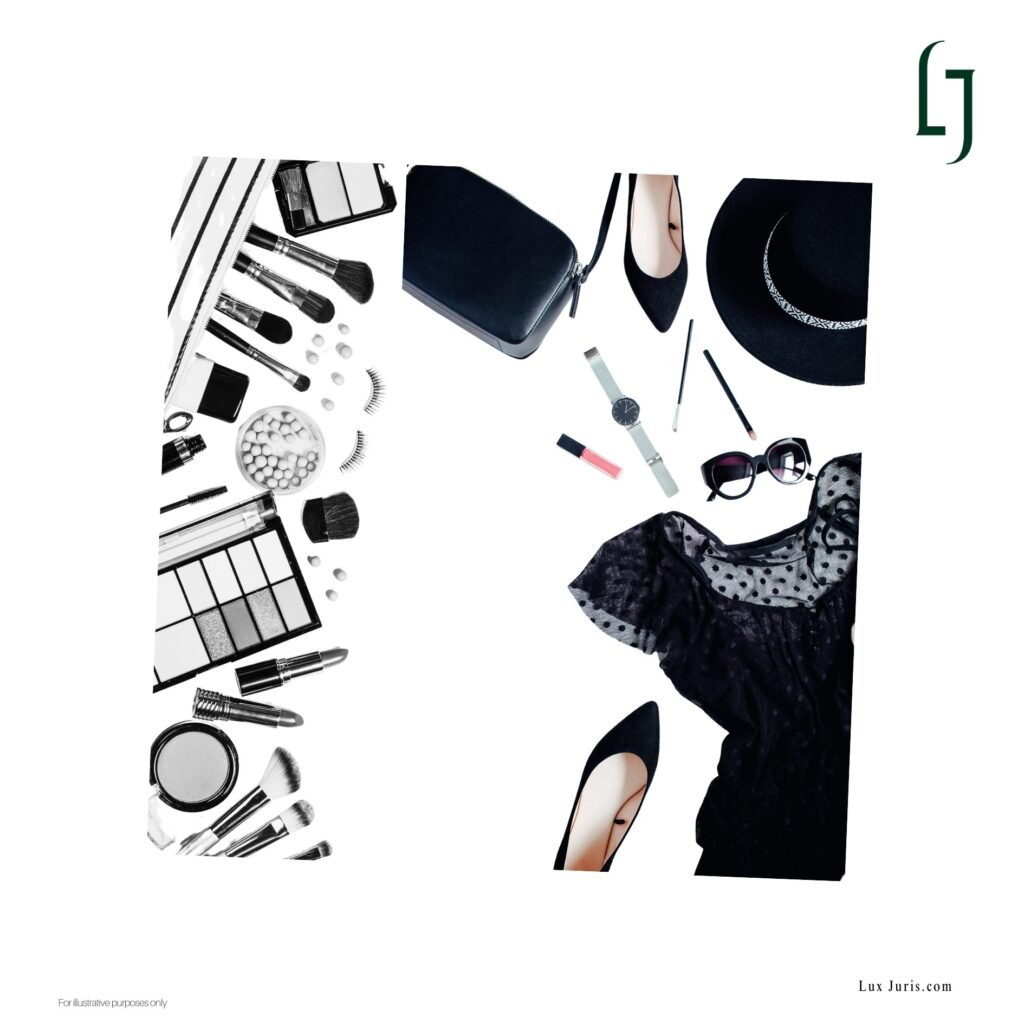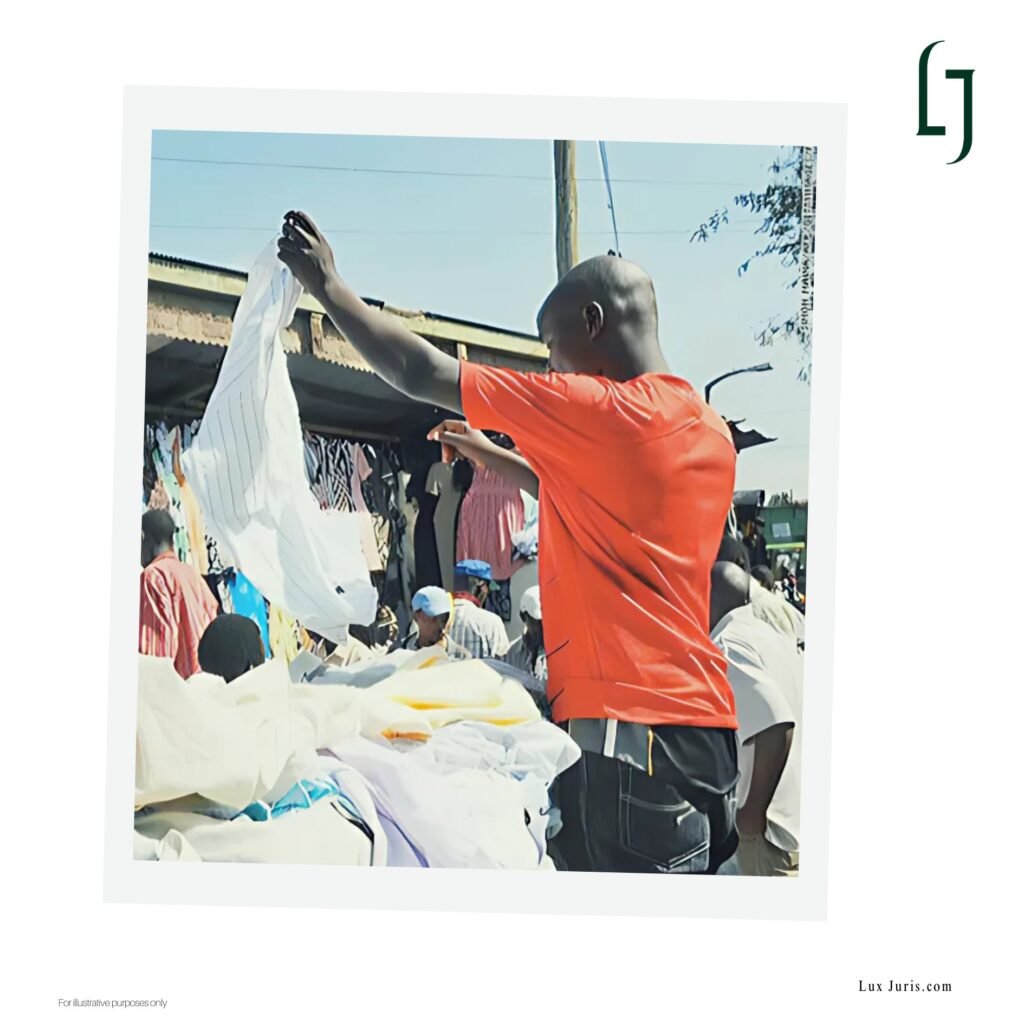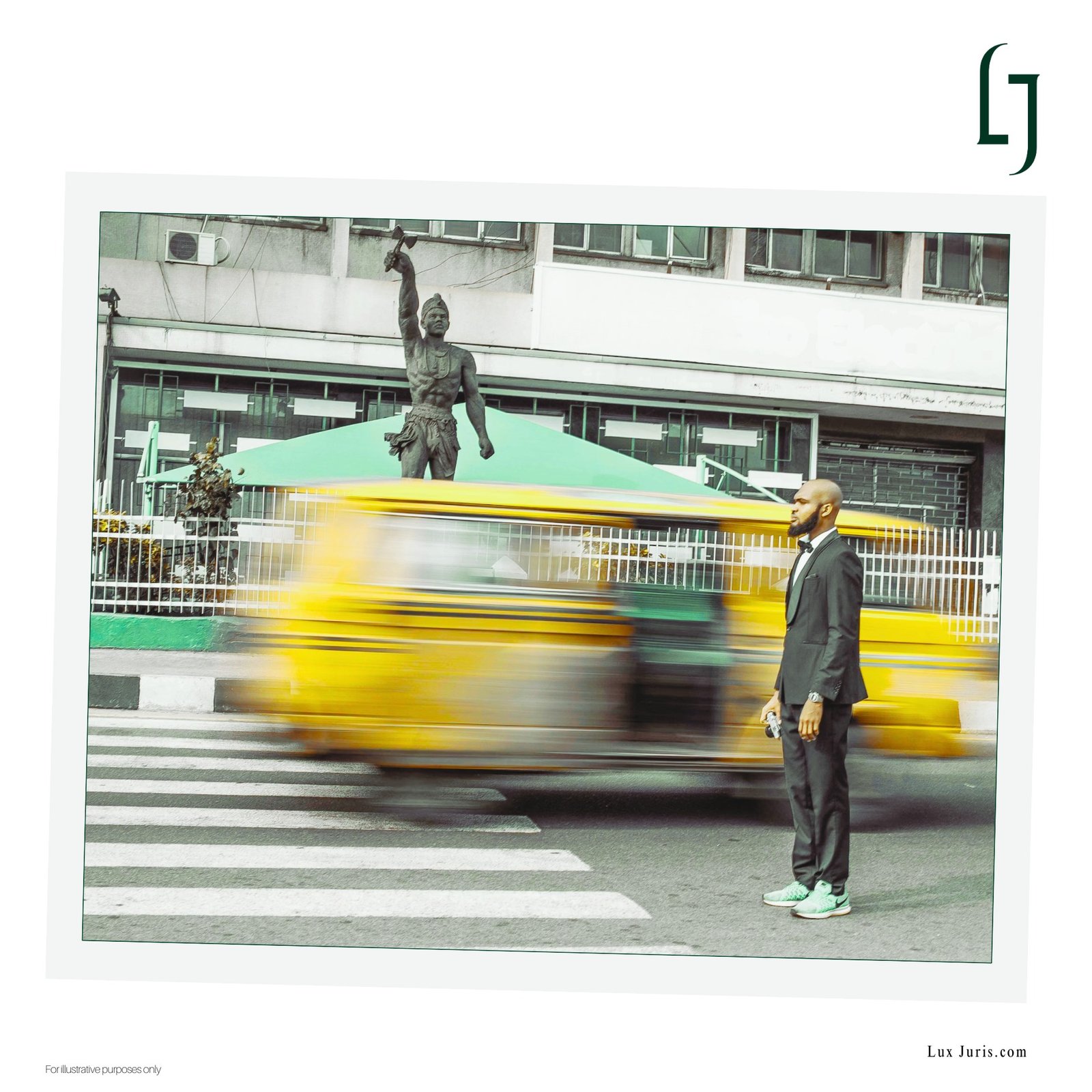Nigeria’s fashion industry is undergoing rapid transformation. Social media, e-commerce platforms, and a growing appetite for affordable luxury aesthetics are reshaping how fashion is consumed. At the heart of this shift is dupe culture in Nigeria, where consumers actively seek products that imitate the look and feel of luxury items without necessarily infringing on registered trademarks. These imitation products are increasingly normalised, promoted through viral trends and styled hauls on TikTok and Instagram.
While they are not typically classified as counterfeits, dupes raise complex questions about intellectual property enforcement, consumer protection, and the commercial impact on local designers. The existing legal framework was not designed to handle this scale of imitation, and many dupe products continue to circulate in a space that remains legally ambiguous.
What Dupe Culture Means in Nigeria’s Fashion Industry
The term “dupe” originally meant to deceive, but in contemporary usage, especially online, it refers to cheaper alternatives to well-known or luxury products. These items are not passed off as genuine but are intentionally marketed to resemble expensive goods. They often mimic appearance, formula, or design while avoiding exact replication of trademarks or logos.
Dupe culture in Nigeria is thriving, particularly in beauty, clothing, accessories, and perfumes. Hashtags like #dupe and #dupes have garnered billions of views globally. In Nigeria, they are shared widely on social platforms and appeal to younger audiences who want access to high-end aesthetics at more affordable prices. This has led to a visible shift in consumer behaviour. Dupes are not hidden or frowned upon. They are openly celebrated, reviewed, and sold as viable alternatives to luxury goods.
Legal Framework for IP and Consumer Protection in Nigeria
Nigeria’s intellectual property system is governed by several key statutes. The Trade Marks Act grants exclusive rights to registered mark owners and prohibits unauthorised use. Sections 5, 60, and 61 of the Act empower right holders to take action against infringement, falsification, and misrepresentation. The Merchandise Marks Act further prohibits false trade descriptions and the use of forged marks. Beyond trademarks, the Federal Competition and Consumer Protection Act addresses deceptive commercial practices and misleading representations.
Despite these legal tools, many dupes operate just outside the reach of enforcement. They typically avoid direct trademark use and rely on suggestive branding or similar design features. For example, a perfume may be labelled as “inspired by” a famous fragrance, or a handbag may closely resemble the shape and colour of a known luxury item while using a completely different name and logo.

The challenge is that these distinctions are often enough to stay within the boundaries of the law. Nigerian statutes tend to focus on clear-cut cases of deception or infringement. Dupe products, which may differ slightly in packaging, branding, or trade name, can avoid falling foul of these legal provisions.
Why Dupes Are Not Always Counterfeit Goods
There is a settled distinction between counterfeits and dupes in intellectual property discourse. Counterfeits are unlawful reproductions that deliberately mislead consumers by replicating logos, trademarks, or packaging. They are designed to be indistinguishable from the original product and are sold with the intent to deceive.
Dupes, on the other hand, often carry disclaimers or alternative branding. They are sold openly and are generally not intended to mislead consumers about their origin. Instead of being passed off as originals, they are positioned as affordable alternatives that deliver a similar experience. This difference in intent and marketing strategy creates legal ambiguity. While counterfeits are clearly prohibited, dupes sit in a legal grey area.
In Nigerian case law, decisions such as Niger Chemists Ltd v. Nigeria Chemists Ltd and Trebor Nigeria Ltd v. Associated Industries have addressed branding similarities that create confusion or exploit existing goodwill. In those cases, the courts considered the likelihood of deception and the competitive harm caused by the resemblance. However, such rulings are based on consumer confusion, which is more difficult to establish when a dupe product uses different names or trade dress.
Nigerian courts usually rely on general trademark and unfair competition laws to handle such cases. The cases mentioned are not about fashion, but they show how courts look at branding similarities and whether consumers might be confused. International cases also help as examples, pointing to the need for clearer and more focused legal steps in Nigeria to deal with imitation in fashion.
The Market Impact of Dupe Culture in Nigeria
Dupe culture in Nigeria is reshaping the market in significant ways. According to Ochije Nnani, co-founder of Lagos-based platform Fazsion, over 90 percent of fashion items sold in Nigeria are knockoffs, often imported from China or other Asian countries. These products enter the market through platforms such as 1688, DHgate, and AliExpress, making them easily accessible to local resellers and consumers.
This influx has had major consequences for local designers and fashion entrepreneurs. It is difficult to compete on price or visibility when the market is saturated with lookalike products. Consumers are often unaware of the creative value of original work, and even when they are, price and availability may still push them towards dupes.

The shift has also diminished the influence of Nigeria’s longstanding secondhand trade. Traditionally, luxury fashion was accessed through imported secondhand clothes, known locally as Okrika or bend-down-select. These were once the primary source of affordable quality fashion. Today, they have been overtaken by curated, brand-referencing dupes that align more closely with social media aesthetics and influencer trends.
Gaps in Enforcement and the Need for Legal Reform
While existing statutes offer some protection, they are not designed to address the nuances of dupe culture in Nigeria. Legal enforcement remains inconsistent and reactive, with agencies like the Standards Organisation of Nigeria and the Federal Competition and Consumer Protection Commission conducting occasional raids or seizures of clearly infringing goods. However, the more subtle nature of dupe branding makes targeted action difficult.
There is also a lack of fashion-specific guidance in Nigerian law. Unlike jurisdictions such as the European Union or the United Kingdom, where courts have increasingly recognised the impact of design imitation on brand equity, Nigeria has limited jurisprudence in this area. As a result, rights holders are often left without effective remedies, even when dupe products erode their commercial position or public image.
In many cases, consumer awareness is low and there is no cultural stigma attached to buying or selling dupes. This normalisation of imitation weakens respect for intellectual property and disincentivises original design.
Building a Future for Original Design in Nigeria
Dupe culture in Nigeria is unlikely to disappear. It is shaped by global retail trends, economic realities, and the digital platforms that drive consumer demand. However, its unchecked growth may undermine the development of a sustainable creative industry.
Addressing the challenge will require more than just legal reform. There must also be a broader effort to educate consumers about the value of originality and the long-term impact of imitation. Brands, regulators, and legal professionals need to work together to develop policies that reflect modern retail realities while protecting creative investment.
Without such efforts, the gap between what the law currently protects and what the market permits will continue to widen. The result could be a fashion ecosystem that rewards replication over innovation, to the detriment of Nigeria’s designers, entrepreneurs, and cultural identity.
Author: Afor God’sfavour | Research: Afor God’sfavour | Editor: Qazi
Sources:
Statutes and Case Law
Trade Marks Act, Cap T13 Laws of the Federation of Nigeria 2004, s 5.
Merchandise Marks Act, Cap 405 Laws of the Federation of Nigeria 2004.
Niger Chemists Ltd v Nigeria Chemists & D.K. Brown (1961) 1 All NLR 171.
Trebor Nigeria Ltd v Associated Industries Ltd (Suit No K/127/7) [1972] NGHC 1 (29 May 1972).
Articles and Reports
Lexology, ‘The “Dupe” Phenomenon and the Protection of Intellectual and Industrial Property Rights’ (Lexology, 24 June 2021) https://www.lexology.com/library/detail.aspx?
David Lumb, ‘I Saved $1,260 Buying Tech Dupes on Temu. The Shoddy Gear Wasn’t Worth the Discount’ (CNET, 28 January 2024) https://www.cnet.com/tech/features/i-saved-1260-buying-tech-dupes-on-temu-theshoddy-gear-wasnt-worth-the-discount/
‘How China’s Knockoff Fashion is Reshaping Nigeria’s Style’ Rest of World (28 February 2023) https://restofworld.org/2023/china-shopping-designer-dupe-nigeria/
